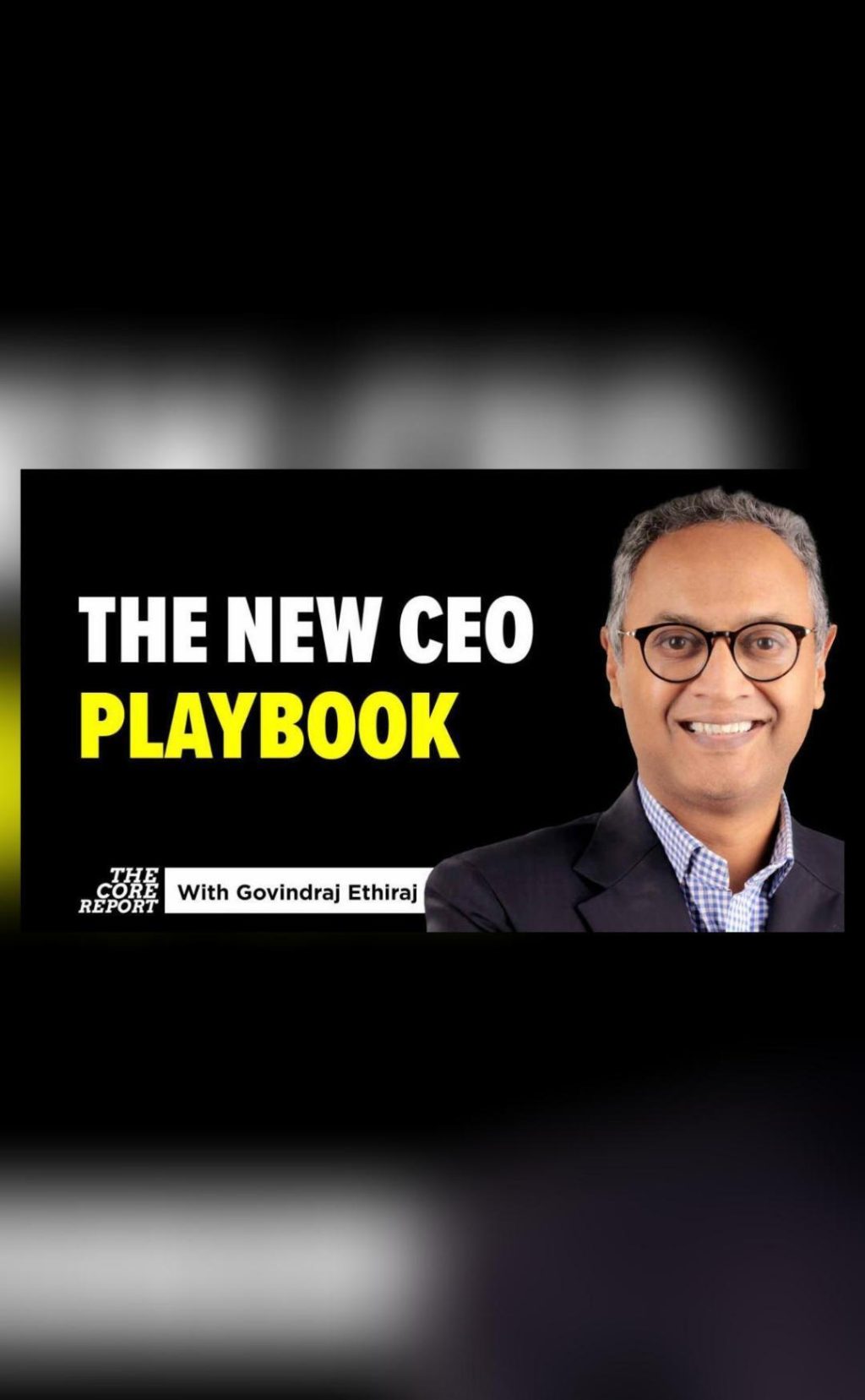
The New CEO Playbook: AI Pressures & Global Tariff Shocks
In today’s fast-paced and ever-changing business landscape, CEOs are facing unprecedented challenges. The rise of artificial intelligence (AI) is reshaping industries, while global tariff shocks are disrupting trade flows. As a result, business leaders must rethink their strategy and operations to stay ahead of the curve.
In this blog post, we’ll explore the key pressures and forces that are impacting CEOs and provide insights on how they can adapt and thrive in this new environment.
The Rise of AI: A Game-Changer for Industries
AI has been gaining traction in recent years, and its impact on industries is undeniable. From customer service to manufacturing, AI is revolutionizing the way businesses operate. According to a McKinsey report, AI could generate up to $15 trillion in value by 2030.
However, the benefits of AI come with significant challenges. As AI takes over routine tasks, CEOs must navigate the implications on workforce, job roles, and company culture. Internal pressures to automate and innovate are mounting, and CEOs must decide how to allocate resources and prioritize initiatives.
Global Tariff Shocks: Disrupting Trade Flows
Global tariff shocks are another significant challenge facing CEOs. The ongoing trade tensions between the US and China, as well as the impact of Brexit, are causing uncertainty and volatility in global trade flows. According to the World Trade Organization (WTO), global trade has slowed down significantly in recent years, with a decline of 1.1% in 2019.
Tariff shocks are not only disrupting supply chains but also affecting consumer behavior and demand. CEOs must navigate these external forces and adjust their business models accordingly. This may involve localizing production, diversifying supply chains, and reevaluating trade agreements.
The New CEO Playbook: 5 Key Takeaways
In light of these challenges, CEOs must adopt a new playbook to stay ahead of the curve. Here are five key takeaways that can help:
- Localize and Adapt: With global trade flows in flux, CEOs must prioritize localization and adaptation. This involves identifying new markets, adjusting supply chains, and reevaluating trade agreements.
- Invest in AI: AI is here to stay, and CEOs must invest in its development and implementation. This can help automate routine tasks, improve efficiency, and drive innovation.
- Reimagine Business Models: Tariff shocks and AI pressures are forcing CEOs to rethink their business models. This involves identifying new revenue streams, diversifying products or services, and exploring new markets.
- Foster a Culture of Innovation: As AI takes over routine tasks, CEOs must prioritize a culture of innovation within their organizations. This involves empowering employees, encouraging experimentation, and embracing failure.
- Monitor and Adapt to External Forces: CEOs must stay vigilant and adapt to external forces that can impact their businesses. This involves monitoring global trade flows, staying ahead of the curve on AI developments, and adjusting business strategies accordingly.
Conclusion
In conclusion, the rise of AI and global tariff shocks are presenting unprecedented challenges for CEOs. To stay ahead of the curve, business leaders must rethink their strategy and operations, prioritize innovation, and adapt to external forces.
By localizing and adapting, investing in AI, reimagining business models, fostering a culture of innovation, and monitoring and adapting to external forces, CEOs can position their companies for success in this new environment.
News Source
Watch the video: “The New CEO Playbook: AI Pressures & Global Tariff Shocks” [https://youtu.be/0osLVVtj7tY]






